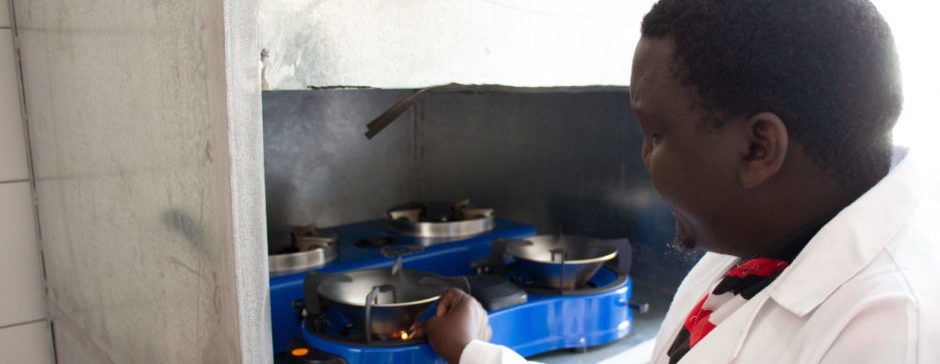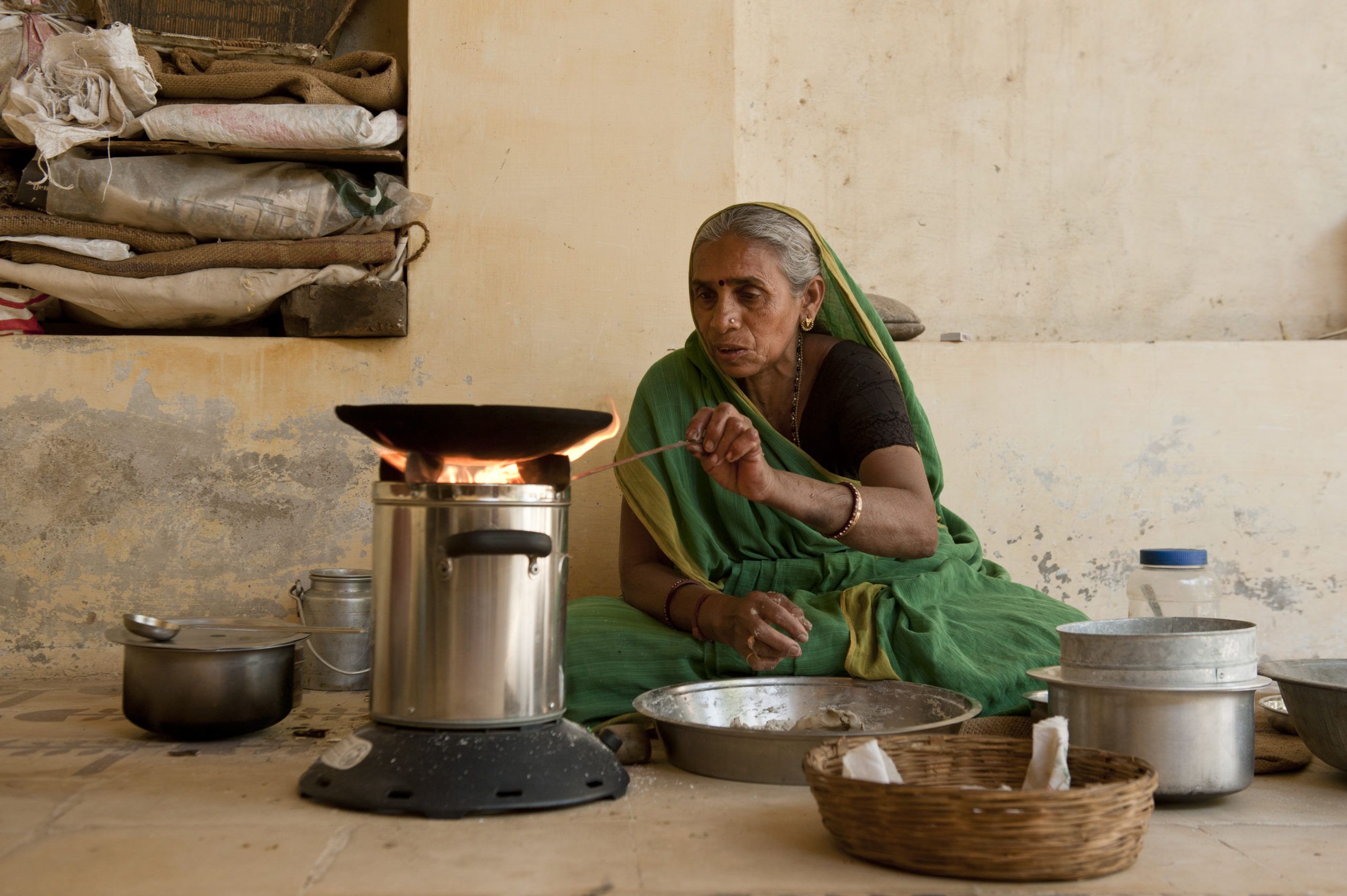Elisa Derby
Senior Director, Climate Impacts and Standards

Clean, efficient, affordable, and reliable technologies and fuels are fundamental to building a global market for clean cooking solutions. Consistent testing methods and reporting metrics, as defined by international standards, help consumers and suppliers alike navigate this market.
With standardized protocols, established regional testing and knowledge centers can evaluate and communicate how stoves and fuels perform. These results provide a valuable reference point to governments when setting policy, and drive stove and fuel manufacturers to improve their technologies.

The best available international guidelines for stoves tested in the laboratory and field setting are being developed through an International Organization for Standardization (ISO) consensus process, specifically ISO Technical Committee 285.
Having established, qualified testing centers around the world to act as regional knowledge hubs is an integral component to a strong clean cooking sector.
CCA maintains a database of stove characteristics and testing data.
The Clean Cooking Catalog is driven by partner submissions and serves as a living database of innovation in the clean cooking ecosystem. Users can filter and search products based on fuel type, design characteristics, geography, test performance, and more.
Access the Clean Cooking Catalog